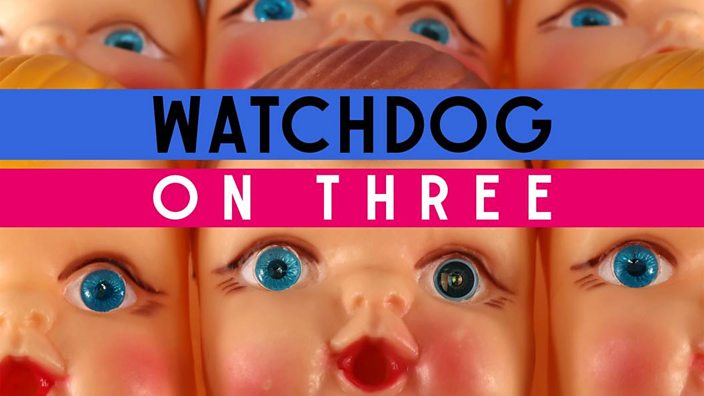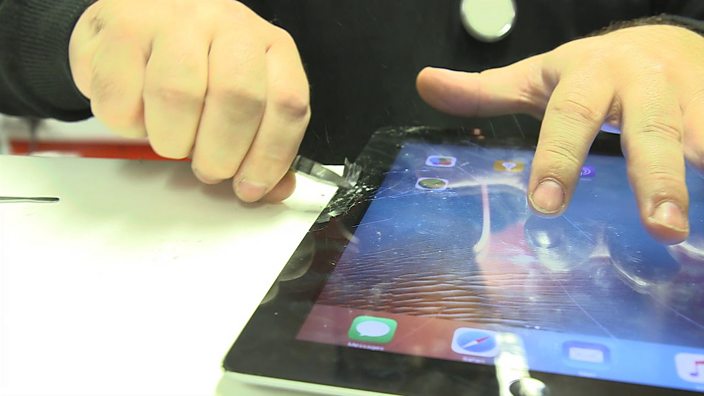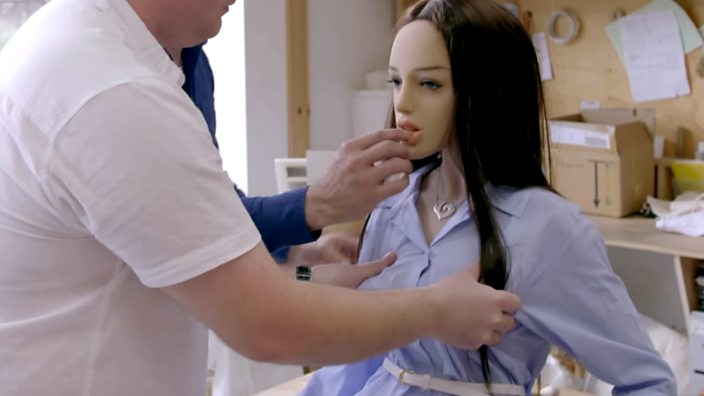How would you feel if your child’s conversation with a doll or robot they were playing with was being secretly recorded, and that the toy was collecting personal information about them and passing it on to unnamed third parties?
Award-winning toys My Friend Cayla and i-QUE Intelligent Robot, manufactured by Genesis Toys based in Los Angeles, are internet-connected ‘smart toys’ for young children. Welcome to the next generation of toys that interact with their user. These are talking toys that connect to the internet and allow real-time two way conversations. The idea is that kids can have full blown convos with them. They can ask them questions, the toys tell them the answers and hey presto, they have a brand new best friend they tell all their secrets to. But what if those secrets don’t remain a secret?
These toys are sold in loads of retailers all around the UK. They range in price from around £30 to £65.
The Complaint
Consumer Watchdogs in the EU and US have filed a complaint with the US Federal Trade Commission which accuses Genesis Toys and voice recognition specialist Nuance Communications (who provides the speech recognition software) of flouting privacy rules by secretly recording data and using it to enhance their products and services which are sold to military, intelligence and law enforcement agencies.
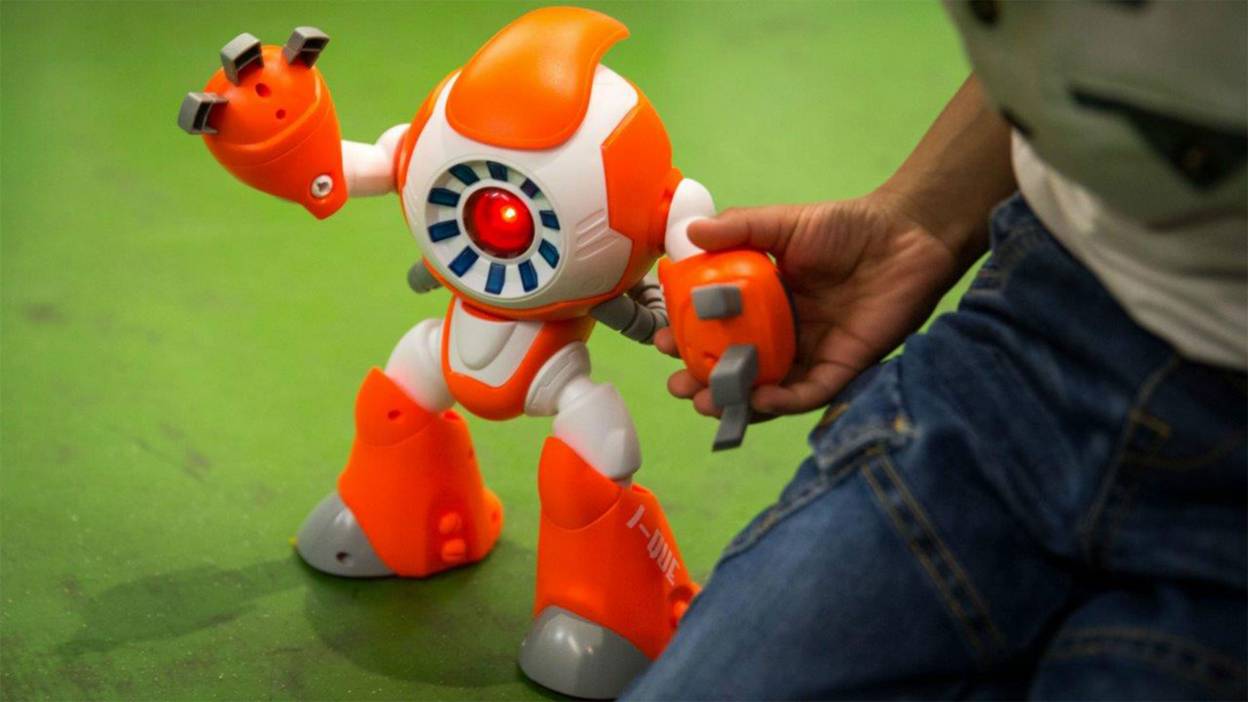 I-Que
I-Que
How do the toys work?
When the child asks the toy a question, using Bluetooth technology and a mobile application, the audio files are converted into text. The mobile app then uses specific websites and search engines to find the answers. Kids can ask them virtually anything and get the answers. The toys also invite the children to tell them personal information such as their name, parents’ names, favourite programme, favourite meal, where they go to school and also set their physical location.
What’s the problem?
EU and US consumer watchdogs claim the toys are ‘spying’ on children in their homes and are in breach of privacy and data protection laws. They say because the toys are recording and collecting conversations, the child is under constant surveillance, and they are concerned this data could be passed on as Nuance suggests it can be in the Ts&Cs. Unless the toy is switched off, it is able to pick up any conversation taking place in the home.
The European Consumer Organisation BEUC says, "The toys fail miserably when it comes to safeguarding basic consumer rights, security, and privacy." The Norwegian Consumer Council has looked at the terms and technical features of these connected toys. It says, "The findings reveal serious risk to, and a lack of understanding of, children’s rights to privacy and security."
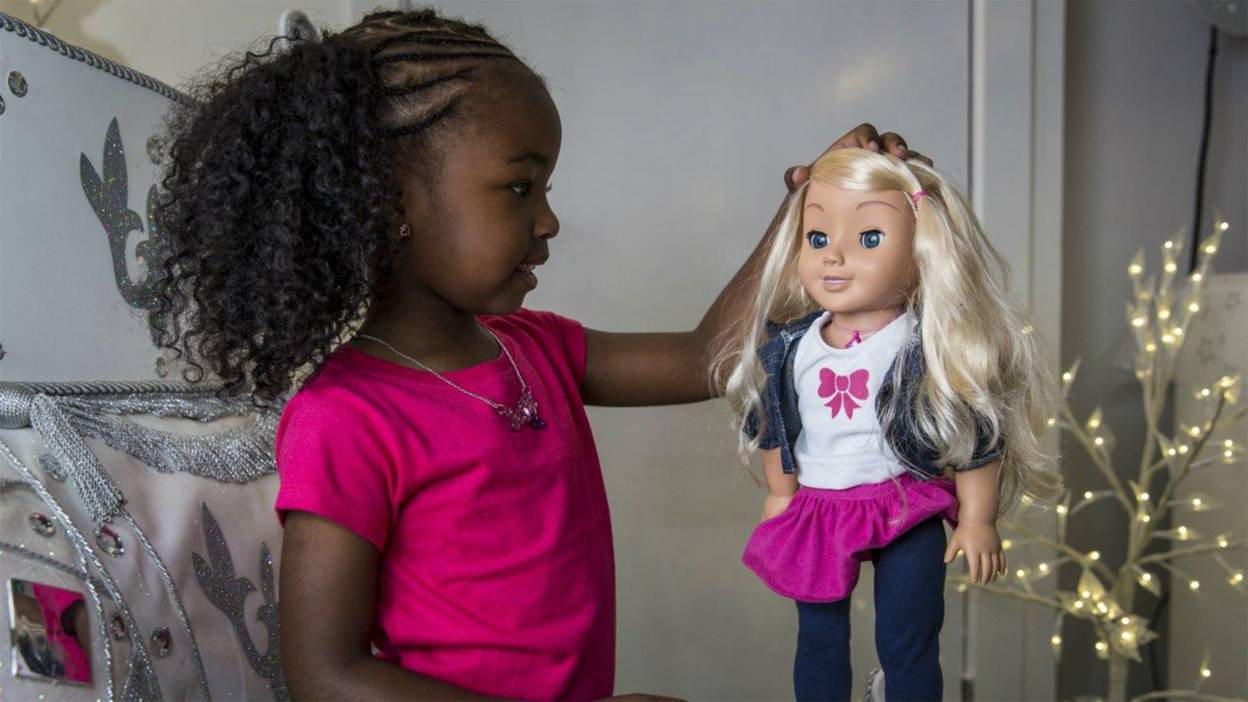 My Friend Cayla
My Friend Cayla
Other areas of concern include:
- Lack of safety: The complaint accuses Genesis Toys of failing to take proper security measures to ensure that unauthorised Bluetooth devices can’t connect with them. This means that predators and strangers could eavesdrop on conversations and play music or movies through the toy for the child to listen to. The doll can act as a Bluetooth headset so someone could even talk to your child through the toy if they were using two smart phones (see video below).The watchdogs say this lack of safety could easily have been prevented by requiring someone to physically access to the toy to enable the Bluetooth to pair – such as having to press a button on the toy.
- Secrets aren’t safe: anything the child tells the doll is transferred to the US-based company Nuance Communications. The company reserves the right to use the information with other third parties. This means you have no control over who has access to the data.
- Kids are subject to hidden marketing: According to the researchers, the toys are embedded with pre-programmed phrases, where they endorse different commercial products such as Disneyland, and Cayla talks about how much she loves different Disney movies.
- Illegal user terms: Before using the toys, consumers must consent to the terms being changed without notice, that personal data can be used for targeted advertising and that information can be shared with unnamed third parties, which the consumer watchdog claim is breaking the law.
This video outlines the concerns the BEUC have raised.
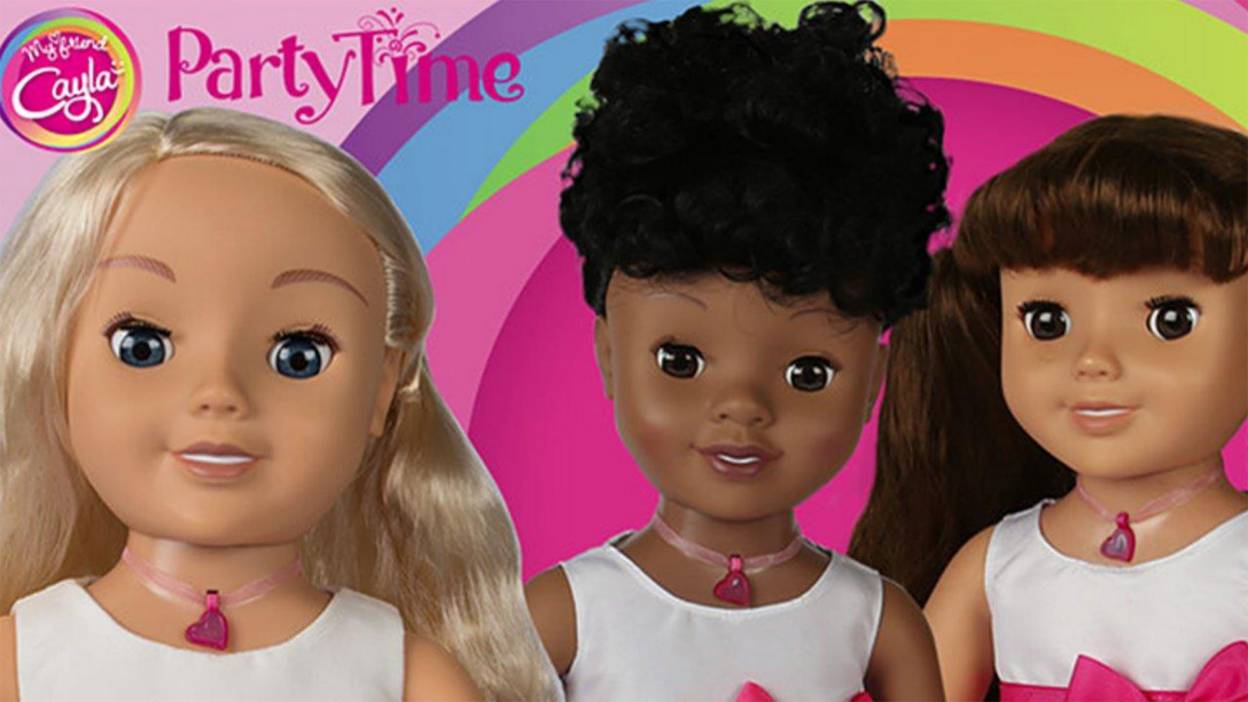 My Friend Cayla
My Friend Cayla
What’s happening around the world?
It has been reported that in countries such as Norway, Belgium and the Netherlands, customers are being offered refunds, the toys are being recalled and retailers have stopped selling them.
What does the toy manufacturer say?
Watchdog has contacted Genesis Toys but has not had a response.
What about the voice recognition company?
Nuance Communications says, "In an age of talking machines and artificial intelligence, where virtually everything is connected, data increasingly takes a central role in the efficacy of these systems. These systems offer tremendous benefits to people and society. They also raise important privacy considerations for industry participants, including Nuance."
Nuance says it takes data privacy seriously. It goes on to say, "We have not received an inquiry from the US Federal Trade Commission or any other privacy authority regarding this matter, but will respond appropriately to any official inquiry we may receive.
"Our policy is that we don’t use or sell voice data for marketing or advertising purposes; Upon learning of the consumer advocacy groups’ concerns through media, we validated that we have adhered to our policy with respect to the voice data collected through the toys referred to in the complaint and Nuance does not share voice data collected from or on behalf of any of our customers with any of our other customers. We have made and will continue to make data privacy a priority."
So what should you do if you are thinking of buying one, or have bought one of these toys?
Finn Mystrad from the Norwegian Consumer Council says you should consider carefully how your child uses the toy: “Remember to switch it off when not in use. This way, you have control over who can connect to the toy,” and to be aware that your child might turn the toy on again. He also says if you have bought the toy and no longer want it, “you can try to complain and return it in the store on the grounds that it is not safe to use and does not meet consumer and data protection standards. If the toy was purchased online, you have the right to cancel the purchase within 14 days.”
